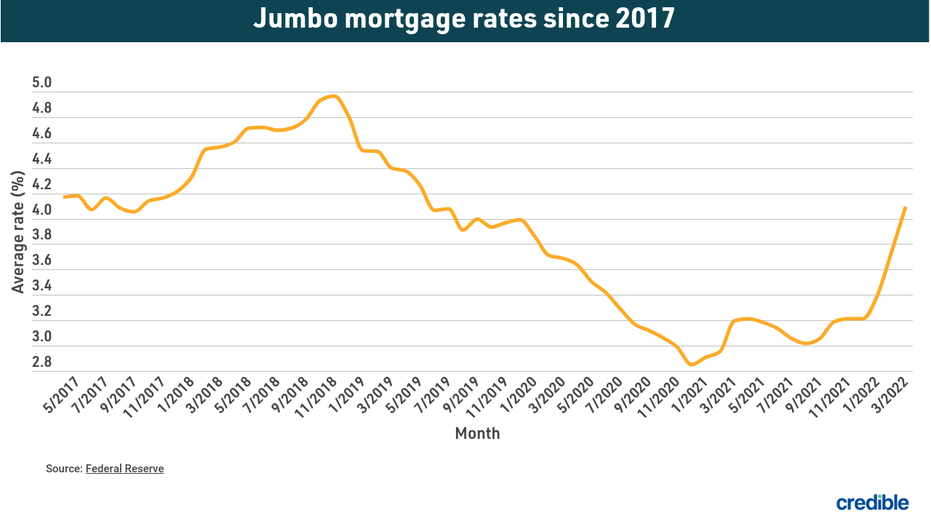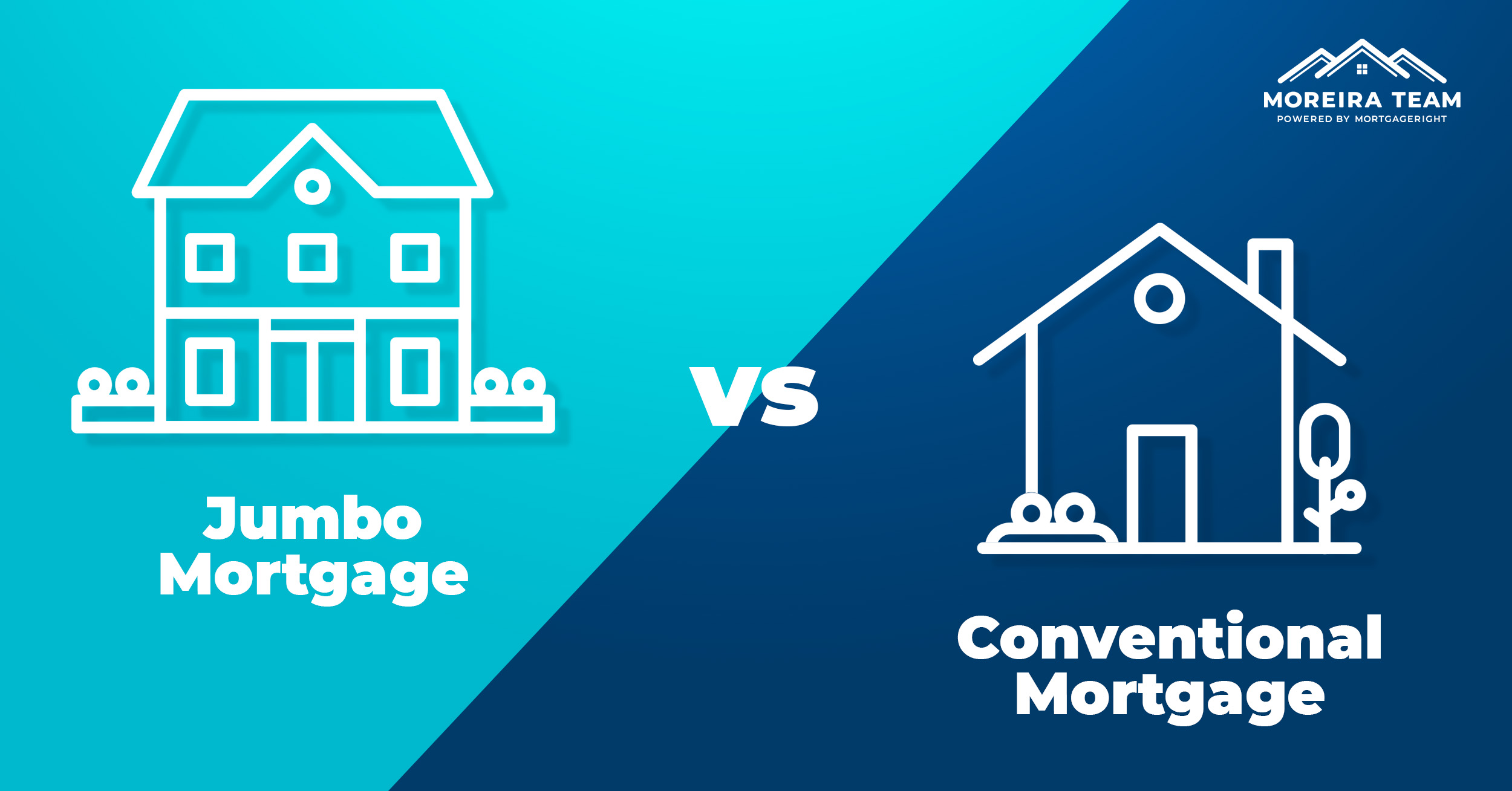Discovering the Perks and Characteristics of Jumbo Loans for Your Following Home Acquisition Choice
As the actual estate market advances, recognizing the complexities of big lendings becomes significantly pertinent for prospective homebuyers thinking about high-value residential properties. To totally appreciate exactly how big car loans can influence your home purchase strategy, it is important to discover their crucial attributes and benefits in greater information.
What Is a Jumbo Loan?

Jumbo loans are typically made use of by purchasers looking for to purchase high-value buildings or homes in pricey markets. jumbo loan. Offered the larger amounts borrowed, loan providers commonly enforce stricter credit demands, consisting of greater credit history, lower debt-to-income ratios, and larger down repayments. The rate of interest on big loans may be somewhat greater than those on conforming finances, showing the raised risk for loan providers
In addition, the approval process for a big funding can be more time-consuming and complex, as loan providers call for extensive documents to analyze the borrower's financial security. Understanding these nuances is important for possible property owners considering a big finance for their residential or commercial property financing needs.
Trick Benefits of Jumbo Finances
One substantial benefit of big financings is their capability to fund higher-priced buildings that go beyond conforming lending restrictions. This feature makes them an appealing choice for purchasers wanting to acquire luxury homes or properties in high-cost locations where rates generally go beyond conventional financing thresholds.
Furthermore, big financings frequently come with versatile terms and affordable rates of interest, enabling customers to customize their funding to match their special economic scenarios. jumbo loan. This versatility can consist of options for adjustable-rate mortgages (ARMs) or fixed-rate financings, providing purchasers with the capacity to handle their regular monthly settlements according to their preferences
An additional advantage is that big fundings do not require private home mortgage insurance policy (PMI), which can significantly minimize the overall expense of the finance. With PMI commonly being a significant expense for conventional loans with reduced deposits, avoiding it can result in significant cost savings in time.
Furthermore, customers of big financings usually have accessibility to greater car loan quantities, allowing them to invest in buildings that meet their way of living requires. This accessibility equips buyers to act decisively in competitive property markets, safeguarding their preferred homes better. On the whole, big fundings use important benefits for those looking for to finance premium residential or commercial properties.
Qualification Requirements for Jumbo Loans
Jumbo finances include particular qualification needs that possible consumers should meet to protect financing for high-value residential properties. Unlike conventional finances, which have established limits based on the conforming funding restrictions established by government-sponsored entities, jumbo lendings surpass these thresholds, necessitating stricter requirements.

Additionally, big car loans typically necessitate a significant down repayment, commonly varying from 10% to 20% of the acquisition cost, depending on the loan provider's plans and the consumer's monetary situation. Fulfilling these reference qualification needs can position debtors positively in protecting a jumbo finance for their preferred building.
Comparing Jumbo Car Loans to Traditional Financings
Understanding the distinctions between jumbo car loans and conventional fundings is crucial for homebuyers navigating the high-end property market. Big financings surpass the adapting lending restrictions established by the Federal Real Estate Money Company (FHFA), which suggests they are not qualified for purchase by Fannie Mae or Freddie Mac. This results in different underwriting standards and needs for debtors.
In contrast, traditional lendings commonly abide by these restrictions, enabling for a more streamlined approval process. Big finances frequently require more stringent credit report, bigger deposits, and higher financial books. While a standard loan may call for a down settlement of as little as 3% to 5%, jumbo fundings generally require a minimum of 10% to 20%.
Rates of interest on jumbo car loans might vary from those of conventional finances, frequently being slightly greater because of the boosted threat lending institutions assume - jumbo loan. Nevertheless, the capacity for considerable funding can be advantageous for purchasers seeking high-end residential or commercial properties. Inevitably, recognizing these differences enables homebuyers look these up to make informed decisions, straightening their funding options with their one-of-a-kind buying requirements and economic scenarios
Tips for Safeguarding a Jumbo Funding
Safeguarding a big funding needs cautious planning and prep work, as lenders commonly impose stricter requirements contrasted to conventional lendings. To improve your chances of authorization, start by inspecting your credit report and dealing with any kind of concerns. A score of 700 or higher is typically chosen, as it demonstrates creditworthiness.
Following, collect your monetary documents, consisting of income tax return, W-2s, and bank declarations. Lenders typically need comprehensive proof of income and possessions to examine your capability to pay off the finance. Maintaining a reduced debt-to-income (DTI) ratio is also essential; aim for a DTI listed below 43% to enhance your application's competition.
Furthermore, take into consideration making a larger down repayment. Numerous lending institutions seek a minimum of 20% down for big fundings, which not just lowers your lending quantity however likewise signals monetary security. Engaging with an educated mortgage broker can give vital insights into the procedure and assist you navigate various lending institution options.

Conclusion
In recap, jumbo financings existing significant benefits for property buyers looking for residential or commercial properties that exceed standard loan limitations. With affordable rates of interest, flexible terms, and the lack of exclusive home mortgage insurance, these lendings can cause significant expense financial savings. However, possible borrowers must browse more stringent eligibility standards to get favorable terms. Thorough understanding of both the requirements and benefits connected with jumbo lendings is vital for making informed home acquisition choices in a competitive genuine estate market.
The interest prices on big finances might be somewhat greater than those on conforming lendings, reflecting the boosted threat for loan providers.
While a standard loan could call for a down settlement of as little as 3% to 5%, jumbo fundings normally necessitate a minimum of 10% to 20%.
Interest prices on big car loans may vary from those of conventional lendings, often being like this a little greater due to the boosted danger loan providers think.Safeguarding a big loan needs careful planning and prep work, as lenders frequently enforce stricter requirements compared to conventional car loans. Lots of lenders look for at least 20% down for jumbo lendings, which not just lowers your finance amount however likewise signals economic security.